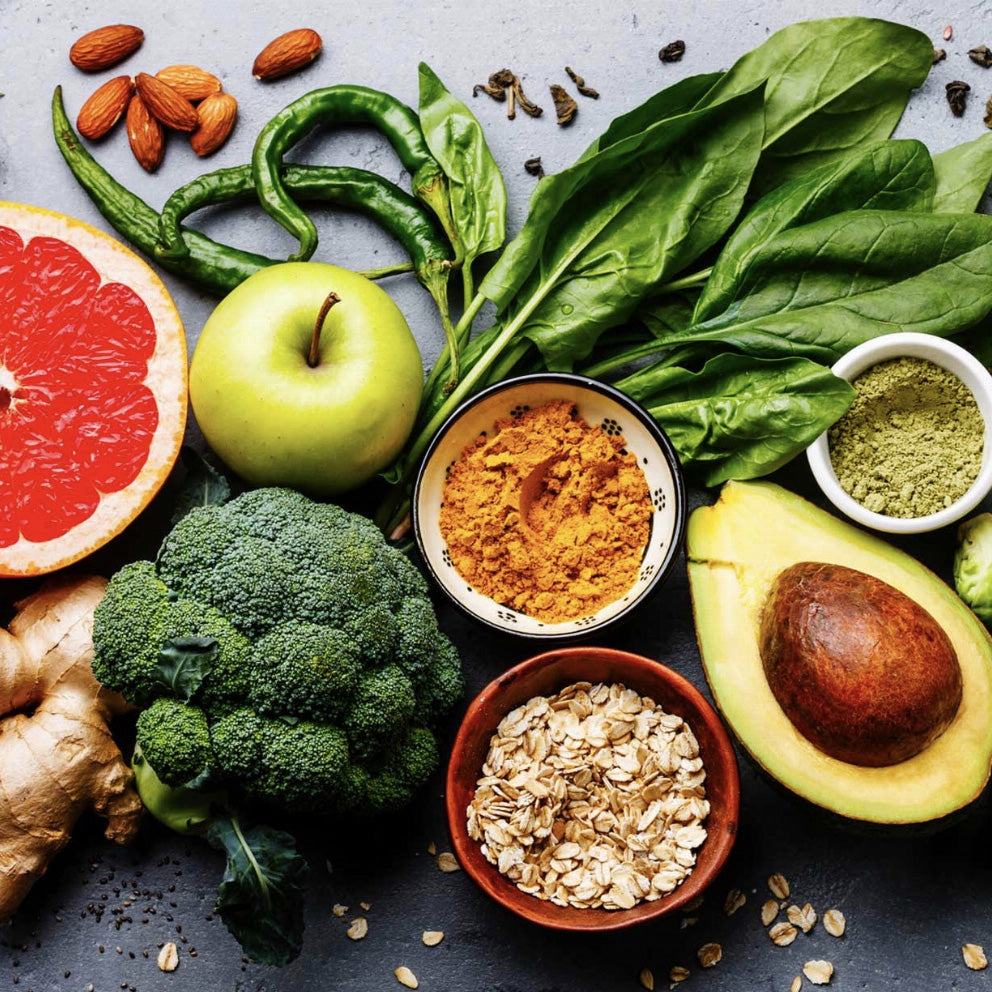What do you Zinc?
What is it?
Zinc is an essential nutrient, which means that our body can neither make it nor store it [1, 2]. In fact, it is the second most abundant trace mineral in our body after iron and is present in every cell [1]. For this reason, our diet becomes our only and most important source for zinc, but s
Why is it important?
Zinc is involved in innumerable physiologic processes and regulation. It plays a role in growth & development, DNA synthesis, immune system regulation and even wound healing and repair [1,2,3]. Given its vast regulatory mechanisms, this was one of the reasons physicians turned to supplementation during the COVID-19 pandemic.
What happens if we don’t get enough?
Because of its vast involvement in the body, zinc deficiency can present in a myriad of ways [2]
- Emotional labiality, mental disturbances, photophobia
- Increased risk for infectious complications
- Diarrhea
- Angular cheilitis = inflammatory condition causing painful cracks, blisters, redness, crusting or bleeding around the corners of the mouth
- Eczema & other roughening of the skin
- Cuticle inflammation
- Hair thinning & increasing brittle appearance
- Delayed wound healing
- Low sex drive … ain’t nobody go time for that!!
How may deficiencies come about?
The most common causes of zinc deficiency are [2]
- Zinc-deficient diet (typically noted in developing countries)
- Malabsorption diseases (such as Crohn’s and pancreatitis)
- increased demand (pregnancy, lactation and puberty)
- Phytate-rich diet **
- Also seen in alcoholics
** High-phytate foods such as grains & wheat, rice, nuts, seeds & beans can actually affect the bioavailability of zinc and over time can result in deficiencies [4, 5]. It should be noted that these inhibitory effects can be minimized by soaking, heating, sprouting and fermenting these foods. It can further be improved by eating yeasted and sourdough breads, sprouts and pre-soaked legumes [5]. So please keep eating your whole grains and legumes !
Sources of zinc [4]
- Meats & Poultry
- Seafood (fun fact: Oysters contain more zinc per serving than any other food)
- Fortified breakfast cereals
- Dairy
- NOTE: high phytate foods are actually a great source of zinc as well as long as you soak, heat, sprout or ferment them. Get your sourdough bread !
- Supplements
Can you take too much zinc? [4]
Yes ! Excess zinc can interfere with the absorption of iron and copper. High doses can result in metallic taste, nausea, vomiting, poor appetite, abdominal pain and headaches. Therefore it is important to check with your healthcare provider before supplementing your diet.
Dosing
Recommended Dietary Allowance (RDA): adults 19+ is 11mg a day in men and 8mg for women. Pregnancy & lactation requires more at 11-12mg.
Upper Intake Level is 40mg daily for all males and females ages 19+. This is the maximum daily intake unlikely to cause harmful effects on ones health.
A great source of zinc are our Elderberry immune support gummies! Take 2-4 daily depending on your dietary intake. They also contain Vitamin C and Elderberry.
So, that’s all I have you for you! If you enjoy luscious locks, smooth skin and great sex don’t forget to get your zinc in!
Have questions? E-mail info@nodayswasted.co and I’ll get back to you as soon as I can.
With love from your favourite doc,
Dr. Forst
References
- Kogan, S., Sood, A., & Granick, M. S. (2017). Zinc and Wound Healing: A Review of Zinc Physiology and Clinical Applications. Wounds, 29(4), 102-106.
- Maxfield, L. (2020, July 02). Zinc deficiency. Retrieved February 19, 2021, from https://www.ncbi.nlm.nih.gov/books/NBK493231/
- Read, S. A., Obeid, S., Ahlenstiel, C., & Ahlenstiel, G. (2019). The role of zinc in antiviral immunity. Advances in Nutrition, 10(4), 696-710. doi:10.1093/advances/nmz013
- Gibson, R. S., Bailey, K. B., Gibbs, M., & Ferguson, E. L. (2010). A review OF PHYTATE, iron, zinc, and Calcium concentrations IN Plant-based complementary Foods used in low-income countries and implications for Bioavailability. Food and Nutrition Bulletin, 31(2_suppl2). doi:10.1177/15648265100312s206
- Saunders, A. V., Craig, W. J., & Baines, S. K. (2012). Zinc and vegetarian diets. The Medical Journal of Australia, 1(2), 17-21. doi:10.5694/mjao11.11493
- Saper, R., & Rash, R. (n.d.). Zinc: An essential micronutrient. Retrieved February 20, 2021, from https://pubmed.ncbi.nlm.nih.gov/20141096/


